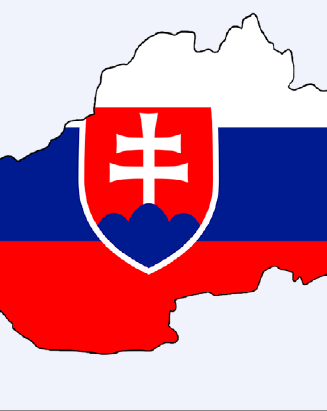[FR] Slovakian parliamentary elections: Robert Fico’s not-so-triumphant return

Forced to resign in 2018 and defeated in the 2020 general election, Robert Fico, Prime Minister from 2006 to 2010 and from 2012 to 2018, took advantage of the political climate to win the Slovak general election once again, putting him in a good position to consider a return to power. This success was largely made possible by the disappointment generated by the ‘anti-Fico’ coalition that came to power in 2020 but gradually fell apart, particularly in the face of the health crisis and the consequences of the war in Ukraine, with three governments succeeding one another in three years. Robert Fico, for his part, has largely turned his back on his pro-European social-democratic past, campaigning to appeal to voters who are receptive to pro-Russian, anti-American and Eurosceptic rhetoric, as well as conspiracy theories and ‘illiberal’ ideas.
While it is not surprising that SMER-SSD’s victory is worrying Slovakia’s European partners, its significance should be put into perspective. If Robert Fico’s party wants to return to power, it will be forced to form a politically heterogeneous and potentially unstable coalition government. An open conflict with the European Union or an overly brutal attack on the rule of law could push its likely social-democratic allies in the HLAS-SD party to change sides and ally themselves with the centrists, Christian democrats and liberals, sending SMER-SSD back into opposition. Furthermore, without denying the extent of the influence of populist and pro-Russian rhetoric in Slovakia, the results of these legislative elections show that a clear majority of voters continue to favour a European and Western orientation.
Nevertheless, Robert Fico’s electoral success is part of a broader Central European context, characterised by the continuing influence of leading political figures, often active in public life since the early years of the post-communist transition, and by the clash between supporters of liberal democracy and those who claim to be ‘illiberal’. The Slovak elections – and even more so those due to take place shortly in Poland – constitute a new and important episode in this confrontation, which opens a crucial political period for the EU with the European elections of June 2024 in sight.




